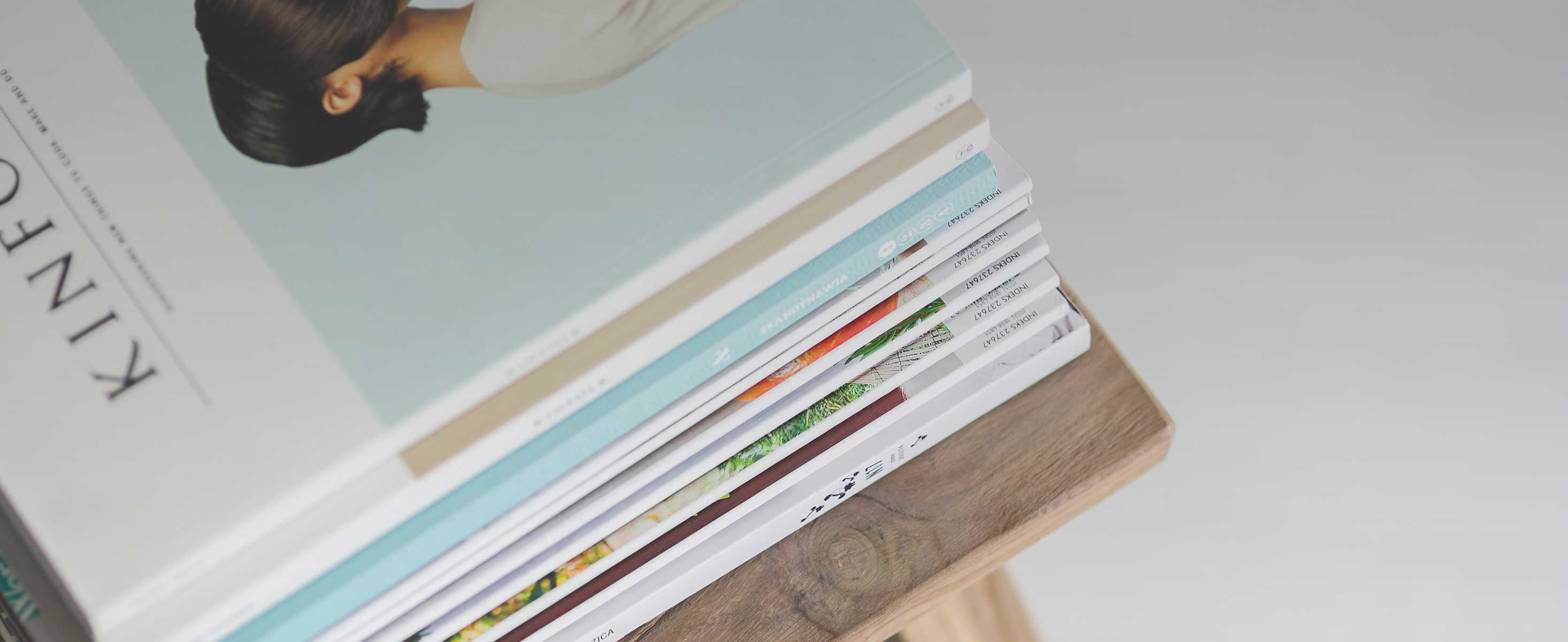
5 minute read
LW Recommends
FILM

The Chambermaid Director Lila Avilés
This is a compelling story of Eve, a chambermaid (as you would expect from the title). It is set in Mexico and is in Spanish with English subtitles.
Eve works with extreme care ensuring that her attention to the details ensures that the premier hotel will ensure it will live up to its reputation. She also hopes that her professionalism will ensure she gets the attention of the management and that she is promoted to deal with the hotel’s exclusive penthouse floor. As well as her hard work at the hotel, she attends literacy classes to help her chances of promotion.
The film is a debut for director Lila Avilés and she obtains touching performances from the actors which give quiet observations about class, privilege and exploitation. You can see a trailer here - The Chambermaid (2018) - IMDb.
Thanks to www.newwavefilms.co.uk and @limerencia for image permission
BOOK
Lessons in Chemistry
By Bonnie Garmus
This book has been receiving rave reviews and has become a favorite for book clubs. It is set in the early 1960s and tells a story of a female chemist, Elizabeth Zott, who works in an all-male team. There is very little in the way of equality, save for one colleague, a Nobel–prize nominated loner.
Through some unpredictable twists, Elizabeth Zott becomes a star of a cooking show ‘Supper at Six’. Her unusual approach which includes referencing the chemicals in the cooking ingredients finds a significant following but is challenging to the status quo.
The book is quirky with some genuinely funny moments but it has a sense of realism which makes it a very worthwhile read.
Described by The Guardian as “that rare beast; a polished, funny, thought-provoking story, wearing its research lightly but confidently, and with sentences so stylishly turned it’s hard to believe it’s a debut.”
PODCAST/ AUDIO
The Diary of a CEO is a series of talks with influential thinkers and experts with Steven Bartlett. One of these deals with the issue of imposter syndrome and challenges the idea that imposter syndrome is necessarily a negative experience.
He says: “Despite associating imposter syndrome with fear, I strongly believe that it is a good feeling to have. Growth requires us to step outside of our comfort zone, to push ourselves and expand our abilities. Each time you do this, the next time will be just that little bit easier. What people call imposter syndrome is a sign you're exactly where you are supposed to be.”
You can listen to the podcast here The Diary Of A CEO with Steven Bartlett: Moment 43 - The Key To Overcoming Imposter Syndrome on Apple Podcasts
ART
Angelica Kauffman
I recently came across a female artist, Angelica Kauffman. She was a contemporary of Joshua Reynolds and a close friend during the time she spent in England. They even painted portraits of each other and were rumoured to be in love. She was a significant artist in the 18th-century London art scene, one of only two female Founder Members of the Royal Academy. At the time, Joshua Reynolds was President and Mary Moser was the other woman to be a Founder Member.
Angelica was born in Switzerland in 1741. Her Father was a painter and oversaw her lessons and she was quickly recognised as a child prodigy, with her portraits receiving attention from the age of twelve years old. She was widely recognised across Europe for her skill. At the time she was painting, women were not permitted to draw using nude models (as men often did) but used casts to draw the male figure and this is shown in one of her paintings, Design.
You can hear more about this artists and see her work here: The case for Angelica Kauffmann, artist and entrepreneur, 1741 - 1807 - YouTube

LW | Recommends The play’s the thing ….
If you go to see Dixon and Daughters by Deborah Bruce, currently showing at the National Theatre, do make sure you buy a programme for £5. It contains not only the cast list and great interviews with actors and writer, but also a very readable essay written by Baroness Helena Kennedy KC about the ways in which the Criminal Justice System is failing women in relation to gender-based violence.
Kennedy contextualises the play by beginning her programme-essay with an account of misogyny as a “way of thinking” so deeply ingrained in our lives that women also internalize it, and thus seem complicit. Kennedy’s groundbreaking work to reform criminal law so that it addresses issues of misogyny, and her work with women in prisons, lends invaluable background to the experience of the play. Her books include Eve was Framed dedicated to women in prisons, 1992 and Hidden Healers: The Unexpected Ways Women in Prison Help Each Other to Survive
For theatre lovers, what is especially impressive about this production is that it’s a collaboration of the great - and the good; the National Theatre working with a small radical theatre company called Clean Break. So if you care for theatre, this will feel special.
Perhaps after all, only the medium of theatre can hope to capture the complexity of a gender-based violence story in a way that is compelling - rather than sensational or even alienating. Here is theatre at its political and artistic best where dark but humorous writing, direction and performance combine to give voice to that very complexity. Even the empty stage tells a story, about doors that burst open and close when no one is there. Frightening but intensely dramatic. ■











